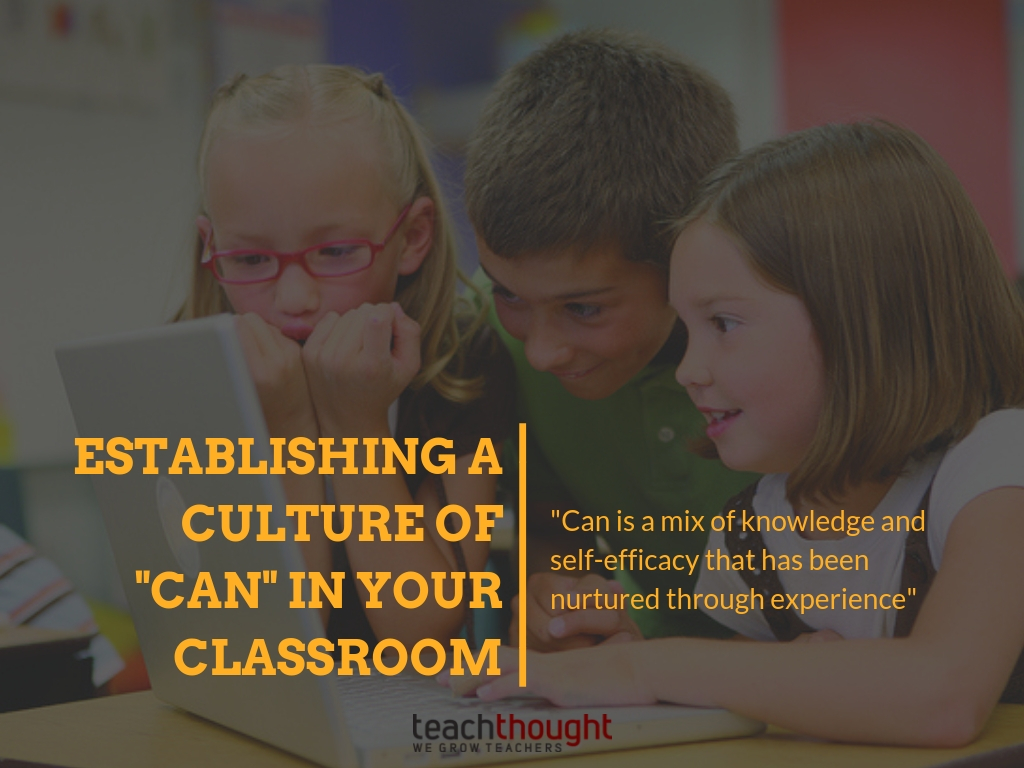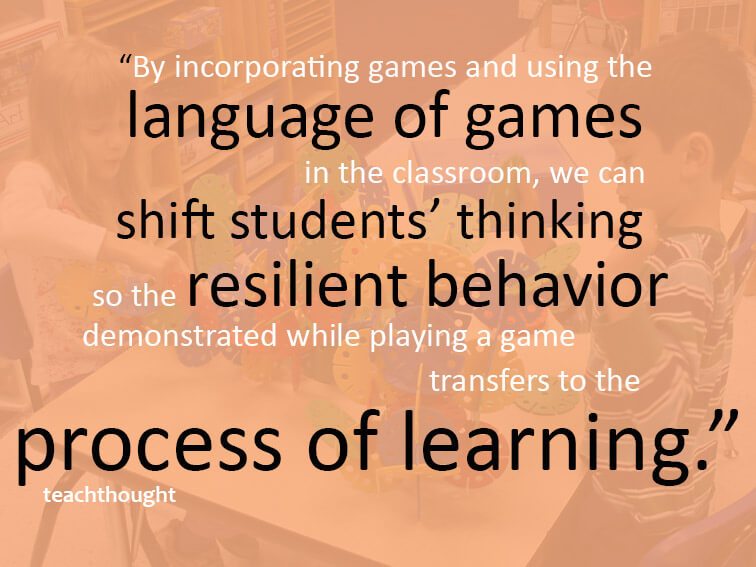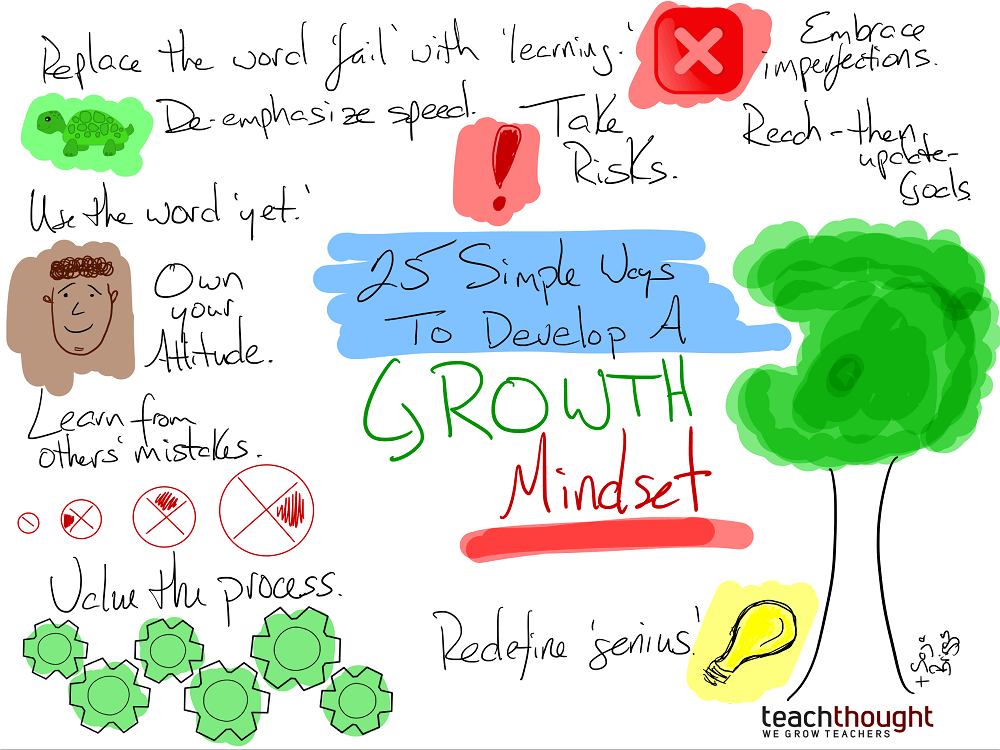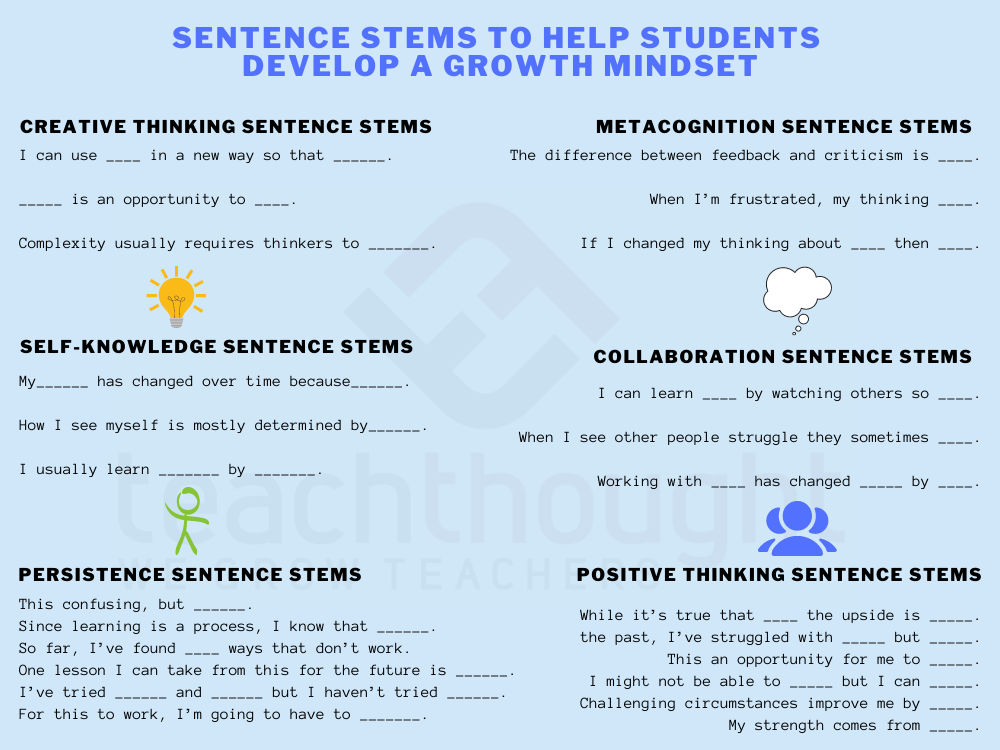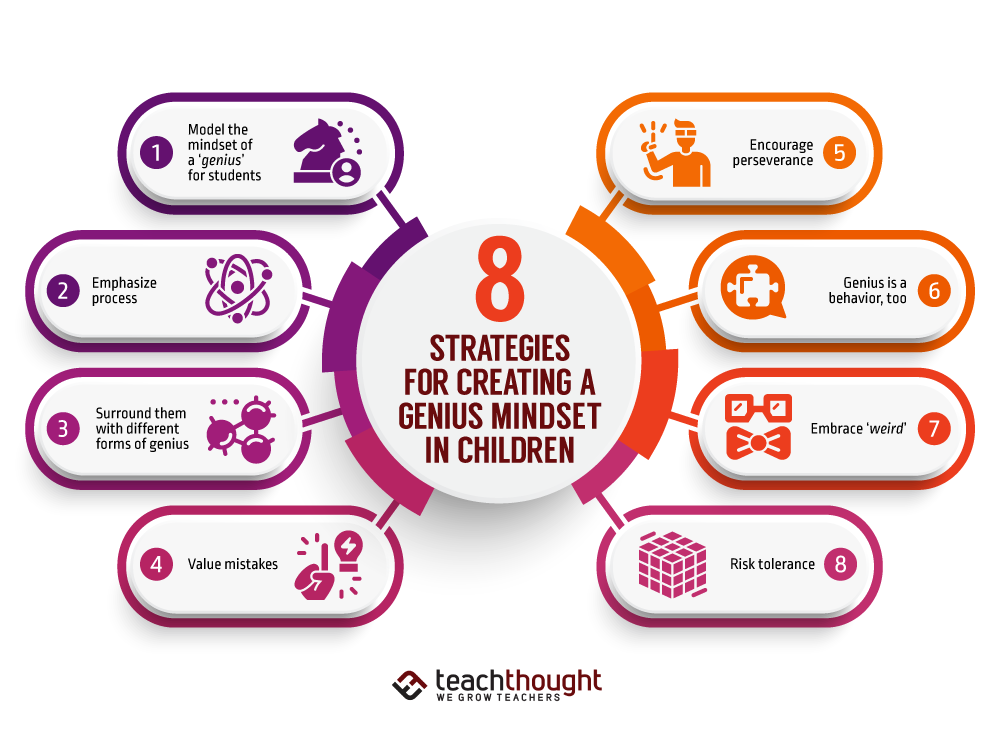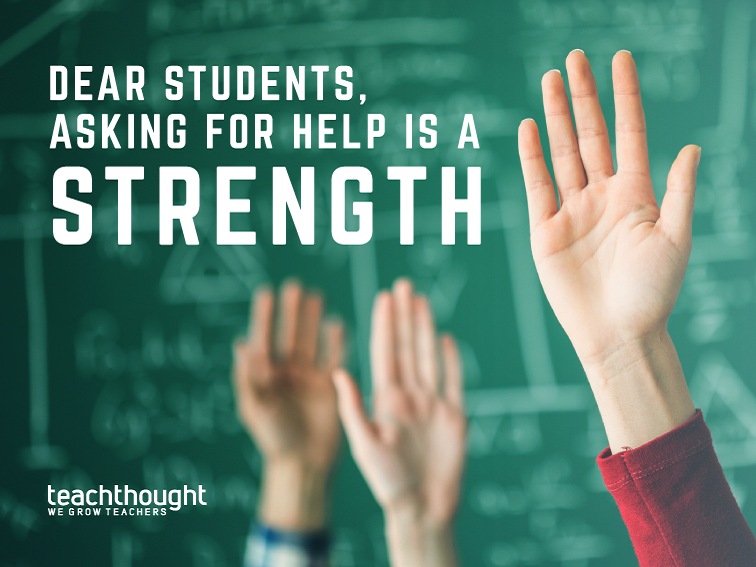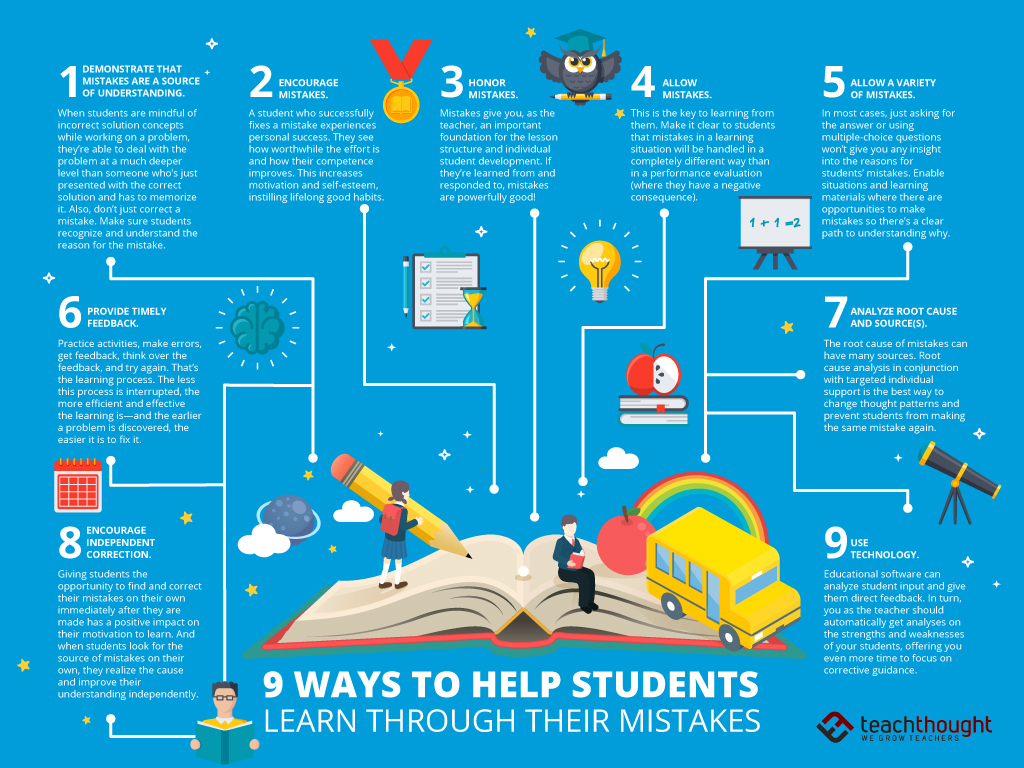Tag: Growth Mindset
Establishing A Culture Of ‘Can’ In Your Classroom
it’s important to realize that a “culture” is comprised of tangible factors (students) and intangible factors (curiosity), and ever-present.
Why What Students Don’t Know Is More Important Than…
For me, my biggest takeaway from college was learning what I didn’t know.
How Games Naturally Promote A Growth Mindset
In a growth mindset, there are larger factors than the outcome. Progress and growth are acknowledged as valuable in the learning process.
25 Ways To Develop A Growth Mindset In Children
Athletes will rarely think, “I simply cannot make this shot.” Students–for whatever reason–are more likely to say, “I’m not good at tests.”
25 Sentence Stems To Help Children Develop A Growth…
Help students develop a growth mindset with these sentence stems, categorized by collaboration, creativity, and other SEL pillars.
5 Strategies For Creating A Genius Mindset In Students
Genius requires one to reject convention in pursuit of something special through a mix of intelligence, creativity, mindset, and perseverance.
8 Strategies For Helping Students Learn To Ask For…
Help students understand that ‘help’ is the norm in the creative, scientific, and professional world. Asking for help is OK and necessary.
9 Ways To Help Students Learn Through Their Mistakes
There are different kinds of mistakes: careless mistakes, systematic mistakes, misconceptions, etc. Students need help understanding this.
